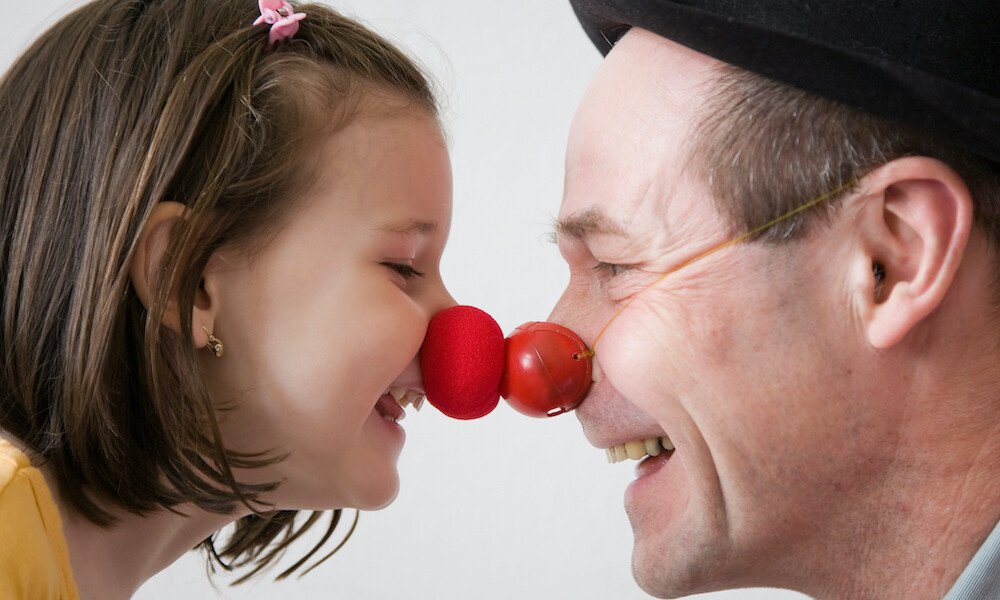Calls for Ukraine
Calls for Europe
Calls for USA

Interacting with a medical clown may reduce the length of hospital stay and the timing of intravenous antibiotics in children with pneumonia, according to a study presented at the European Respiratory Society (ERS) Congress in Vienna, Austria.
The study was presented by Dr. Karin Yaacoby-Bianu of Carmel Medical Center in Israel.
She explains, “Medical clowns are specially trained to work in hospitals. It has been found that they can help reduce pain and relieve stress and anxiety in children and their families during treatment, and their help is now gradually being incorporated into many aspects of hospital care. But their impact on children being treated for pneumonia has not previously been studied. Pneumonia is one of the leading causes of hospitalization of children worldwide. The length of a child’s hospital stay depends on several factors, including their well-being, vital signs, need for intravenous fluids and antibiotics, and the presence of complications.”
The research team followed 51 children between the ages of two and 18 years old who were hospitalized for pneumonia. One group received standard treatment, while the second group received standard treatment plus a 15-minute visit with a medical clown twice a day for the first 48 hours after hospitalization.
Three medical clowns from The Dream Doctors Project used various techniques to relax patients, such as music, singing and guided imagination. They also encouraged the children to eat and drink on their own.
The researchers found that children in the group visited by the medical clown had shorter hospital stays (an average of 43.5 hours versus 70 hours) and required only two days of intravenous antibiotic therapy compared to three days in the control group. In the clown-treated group, researchers also observed significant reductions in respiratory rate, heart rate and inflammatory markers in patients.
Dr. Yaacoby-Bianu explains it this way, “Although the practice of medical clowning is not a standardized interaction, we believe it helps relieve stress and anxiety, improves psychological adaptation to the hospital environment, and allows patients to become more involved in treatment plans, such as adherence to antibiotic and fluid regimens. This, in turn, helps children recover faster. Laughter and humor can also have direct physiological effects by lowering respiratory and heart rates, reducing air retention, modulating hormone production and boosting immunity.”
The team is conducting further research into the effects of medical clowns on other diseases to see where they may be most effective.
Please rate the work of MedTour
